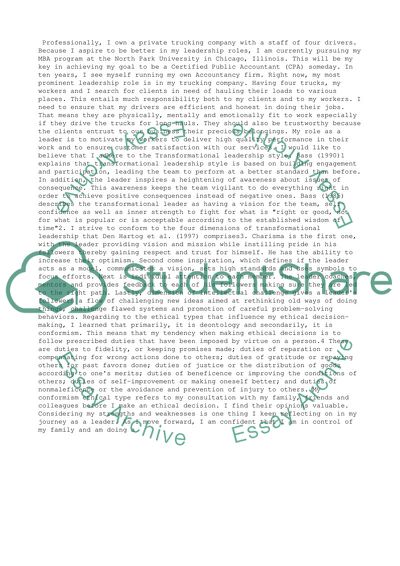Cite this document
(“My Leadership Development Plan Term Paper Example | Topics and Well Written Essays - 1500 words”, n.d.)
My Leadership Development Plan Term Paper Example | Topics and Well Written Essays - 1500 words. Retrieved from https://studentshare.org/business/1496975-my-leadership-development-plan
My Leadership Development Plan Term Paper Example | Topics and Well Written Essays - 1500 words. Retrieved from https://studentshare.org/business/1496975-my-leadership-development-plan
(My Leadership Development Plan Term Paper Example | Topics and Well Written Essays - 1500 Words)
My Leadership Development Plan Term Paper Example | Topics and Well Written Essays - 1500 Words. https://studentshare.org/business/1496975-my-leadership-development-plan.
My Leadership Development Plan Term Paper Example | Topics and Well Written Essays - 1500 Words. https://studentshare.org/business/1496975-my-leadership-development-plan.
“My Leadership Development Plan Term Paper Example | Topics and Well Written Essays - 1500 Words”, n.d. https://studentshare.org/business/1496975-my-leadership-development-plan.


